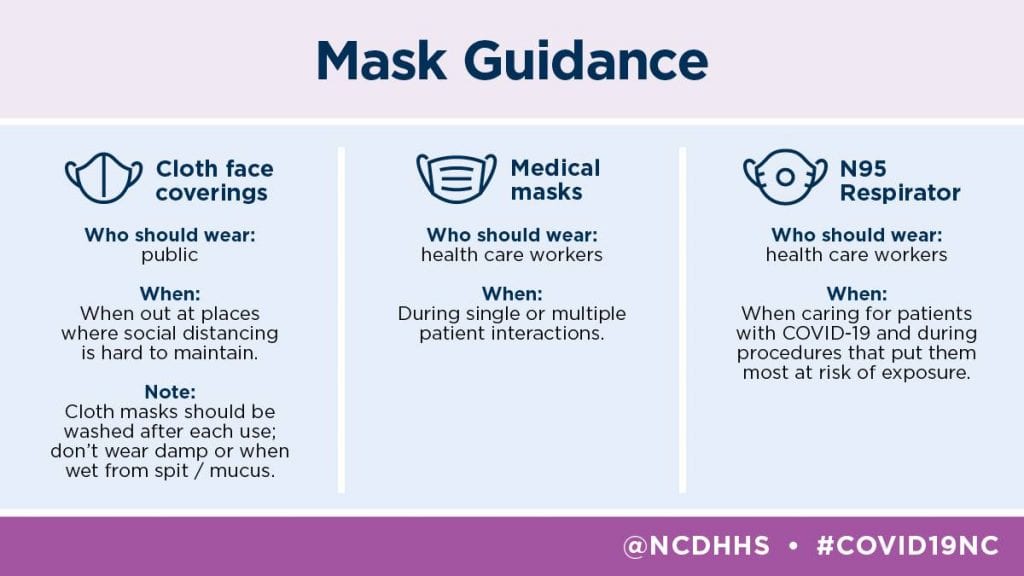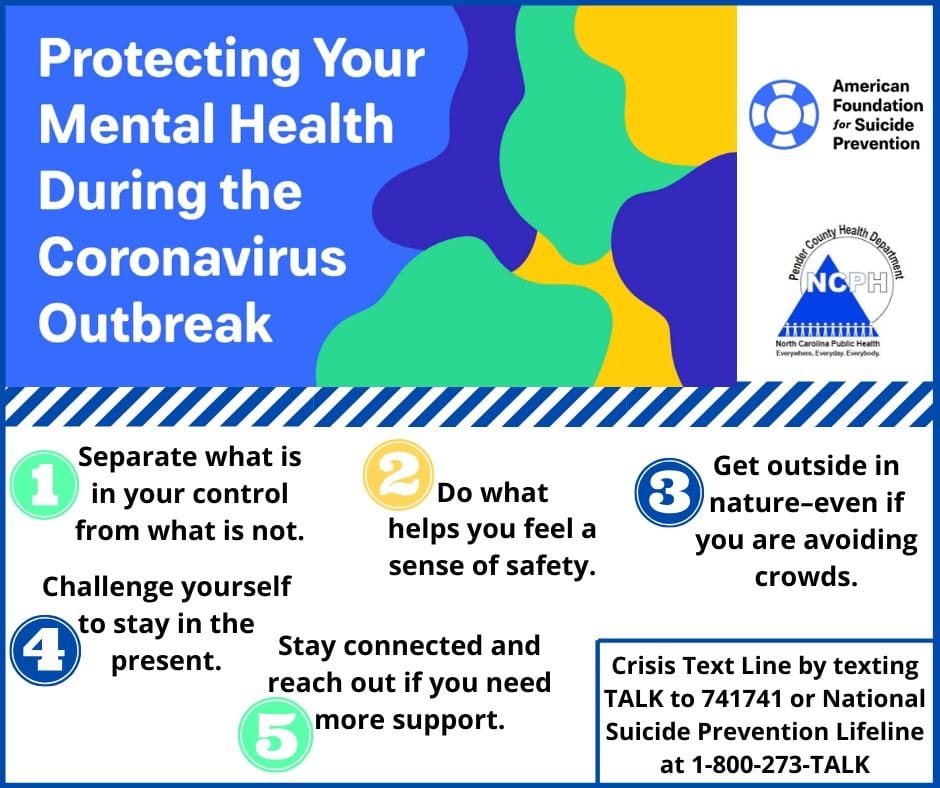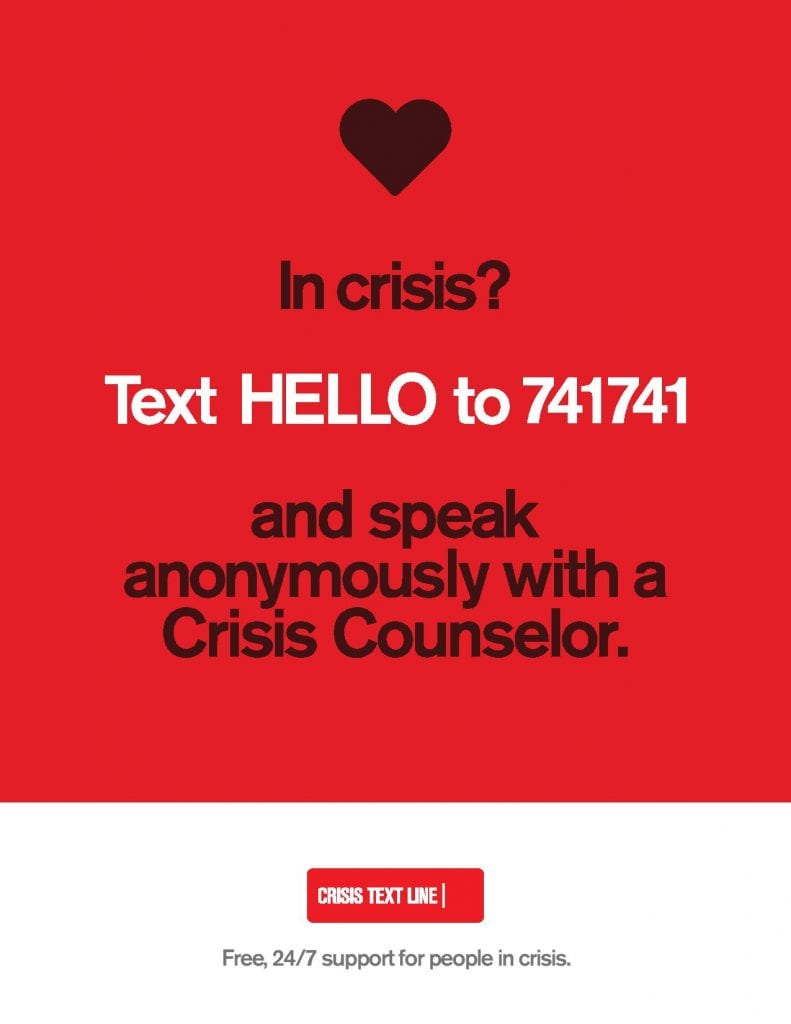COVID-19 General Preparedness
COVID-19 Dashboard Community Resources Health Providers Live Updates Situation Reports Archive Test Reports Archive
Updated:
COVID-19 Dashboard Community Resources Health Providers Live Updates Situation Reports Archive Test Reports Archive
Updated:
Some people are at higher risk of getting very sick with COVID-19. People at higher risk should call their doctor if they develop symptoms of fever or cough. You are at higher risk if you:
People who are pregnant should be monitored since they are known to be at risk for severe viral illness. However, to date, data on COVID-19 has not shown increased risk for severe illness.
Call your doctor or 911 right away if you have:
Most people do not need a test.
When you leave your home to get tested, you could expose yourself to COVID-19 if you do not already have it. If oyu do have COVID-19, you could give it to someone else, including people who are high risk.
Your doctor can help you decide if you need a test. There is no treatment for COVID-19. For people with mild symptoms who don’t need medical care, getting a test will not change what you or your doctor do.
Testing is most important for people who are seriously ill, in the hospital, people in high-risk settings like nursing homes or long-term care facilities, and healthcare workers and other first responders who are caring for those with COVID-19.[/lsvr_accordion_item][lsvr_accordion_item title=”2. Isolate yourself.” icon=”fa fa-user-circle-o”]IF you are sick with COVID-19 or believe you might have it, you should stay home and separate yourself from other people in the home as much as possible.
When can I go back to my normal activities?
You can stop isolating yourself when you answer YES to ALL three questions:
Call your doctor if your symptoms are getting worse or you have any concerns about your health.
What if I’m not sure if I have COVID-19?
If you have fever and cough and other symptoms of respiratory illness, even if it is not from COVID-19, you should isolate yourself as if you have COVID-19. This will reduce the risk of making the people around you sick.
What should my family members do?
Anyone in your household or others who have been in close contact with you should stay home for 14 days as much as possible and monitor themselves for symptoms. Close contact means within six feet for at least 10 minutes. If they start having symptoms of COVID-19, they should take the same steps to prevent spreading it.
Family members who are health care workers, first responders, or others who are needed to respond to the COVID-19 pandemic should review CDC guidance and check with their employers about when to return to work.[/lsvr_accordion_item][lsvr_accordion_item title=”3. Stay informed.” icon=”fa fa-mobile”]Visit ncdhhs.gov/coronavirus for information from the NC Department of Health and Human Services.
Text COVIDNC to 898-211 to get text updates.
Find out more information on what to do if you are sick at cdc.gov/coronavirus
[/lsvr_accordion_item][/lsvr_accordion][lsvr_content_box]See full posters at the links below:
Steps to help prevent the spread of COVID-19 if you are sick[/lsvr_content_box]
Symptoms may appear 2-14 days after exposure.
Seek medical advice if you develop symptoms, and have been in close contact with a person known to have COVID-19 or if you live in or have recently been in an area with ongoing spread of COVID-19. Please see symptom posters here (English, Spanish).[/lsvr_content_box]
[/lsvr_content_box]
 [/lsvr_content_box]
[/lsvr_content_box]
Please see prevention posters below for more information:
Coronavirus Guidance
Stop the Spread of Germs (English, Spanish)
Workplace, School, and Home Guidance
Cleaning Versus Sanitizing
Novel Coronavirus Fighting Product List[/lsvr_content_box]
For the full fact sheet, click here for English and click here for Spanish.
Fear and anxiety about COVID-19 can cause people to avoid or reject others even though they are not at risk for spreading the virus.[/lsvr_tab_item][lsvr_tab_item title=”Fact 2″]
For most people, the immediate risk of becoming seriously ill from the virus that causes COVID-19 is thought to be low.
Older adults and people of any age who have serious underlying medical conditions may be at higher risk for more serious complications from COVID-19.
[/lsvr_tab_item][lsvr_tab_item title=”Fact 3″]Someone who has completed quarantine or has been released from isolation does not pose a risk of infection to other people.
For up-to-date information, visit CDC’s coronavirus disease 2019 web page.[/lsvr_tab_item][lsvr_tab_item title=”Fact 4″]There are simple things you can do to help keep yourself and others healthy.
[/lsvr_tab_item][lsvr_tab_item title=”Fact 5″]You can help stop COVID-19 by knowing the signs and symptoms:
Seek medical advice if you
[/lsvr_tab_item][/lsvr_tabs][lsvr_separator][lsvr_content_box]
Frequently asked questions about COVID-19
COVID-19 Fact Sheet (English, Spanish)
COVID-19 Case Count in North Carolina
Coronavirus Restaurant Information/Tips
[/lsvr_content_box]
We are in this together, and help is always available. If you’re feeling alone and struggling, you can also reach out:
The Crisis Text Line by texting TALK to 741741
National Suicide Prevention Lifeline at 1-800-273-TALK
For more information, click here.[/lsvr_content_box]
 [/lsvr_content_box]
[/lsvr_content_box] [/lsvr_content_box]
[/lsvr_content_box]Visit the NCDHHS website, www.ncdhhs.gov/coronoavirus, and check the Updates page.
You can also visit the CDC website for the latest information at www.cdc.gov/coronavirus.
For assistance during COVID-19 dial 2-1-1 or 888-892-1162
Sign up for updates by texting COVIDNC to 898211
https://www.nc211.org/[/lsvr_content_box]
[/lsvr_content_box][lsvr_articles category=”106″ number_of_items=”8″ highlight_first=”2″ full_content=””]